November 23, 2021 - 30 years after the fall of Vukovar, the global Croatian community commemorates the horrendous event, but is it time to support the Vukovar community with something more concrete than an annual Facebook status update? A practical suggestion to introduce the Vukovar Card.
For many, many years, I avoided writing about the topic of Vukovar, and with good reason.
I am not Croatian, I was not there, and how could a foreigner have an opinion worth having about one of the most painful periods and events in Croatian history? And not only that, but how could he possibly understand?
Having spent a year as an emergency aid worker in Rwanda, arriving two weeks after the genocide that killed 800,000 people in just 100 days in 1994, I had an understanding of suffering, but the complexities of the Vukovar situation and my lack of knowledge meant that I avoided writing about the topic. Instead, I limited my involvement to accompanying my kids to light the annual candle, and also delegating the topic to a native writer to cover.
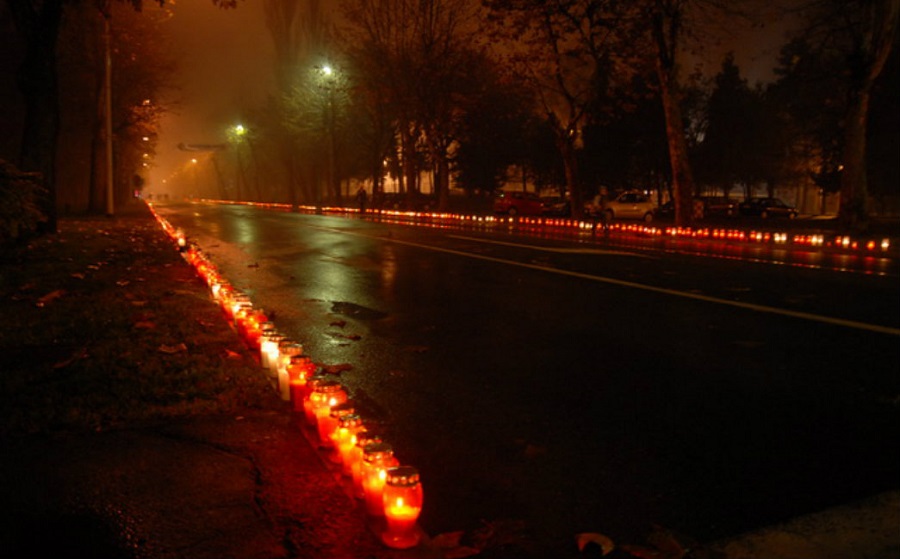
Years passed. The November 18 remembrance parade took place each year, every Vukovar Street in the country was lined with red candle holders on each side of the street, Facebook became a sea of images with messages such as Never Forget and City of Heroes.
It was powerful stuff. As I wrote after the World Cup which was followed by the death of Oliver Dragojevic, which led to In Life and In Death, Croatia are World Champions at Celebration.
And they really are. It is amazing to watch the passion of Croats in times of extreme joy and extreme pain.
But as the years went by, I realised that by the time November 19 came round, Vukovar was forgotten for another 364 days. And while the Facebook statuses and candles were no doubt appreciated, Vukovar was forgotten for another year as soon as the candles went out.
Two years ago, I realised that while the November 18 remembrance parade takes place each year, there was nothing online about the actual experience in English. I decided to go and document the whole event as a foreign neutral, to at least give some perspective for TCN foreign readers.
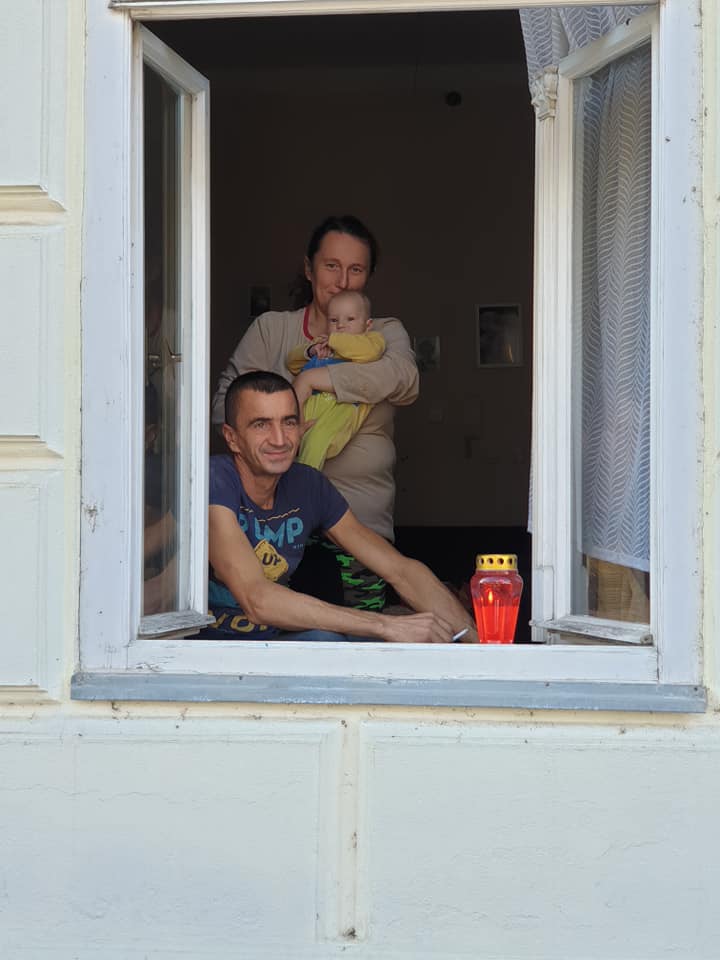
It was one of the most harrowing, but also one of the most educational days in all my 18 years in this country - Vukovar Remembrance Day Through the Eyes of a Foreign Resident.
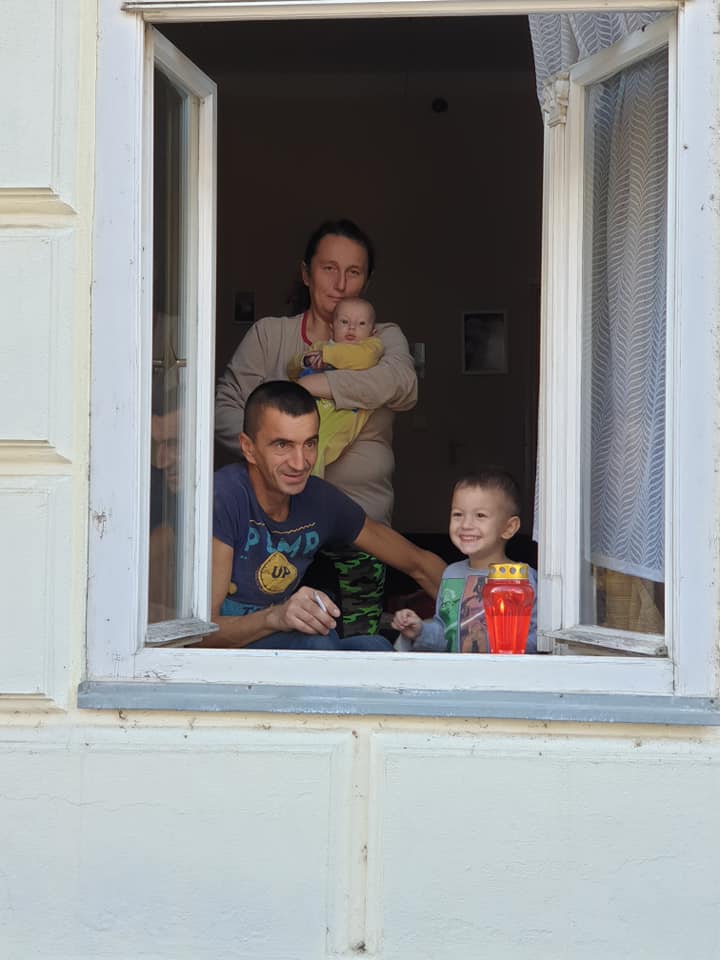
These two photos - taken with permission - killed me. The look of joy on the young boy's face as he ran in to see everyone marching past was pure innocence and happiness. Finally, something was happening in the city, even if he perhaps did not appreciate what. That face, that innocence, and that joy has stayed with me ever since. The innocence will not last long in the Vukovar of today, but what can we do to keep the smile on his face and give him a future that will keep him?
Temporary Facebook statuses and extinguished candles were not going to be enough.
Back then, inspired by that smile, I wrote Vukovar: How to Honour the Fallen and Assist the Survivors? It was not so widely read as I had hoped, but after returning from Vukovar and this year's event, I feel compelled to try again.
The 2021 Vukovar Day was a much different experience for me. The initial shock was no longer there, as I knew what to expect. But there were other differences. The water tower was open, and the experience became more one of joy, celebration, and national pride than looking at a national scar. Perhaps it was the fact that it was the 30th anniversary, as well as comrades being reunited after the more muted, pandemic-affected 2020 Vukovar Day, but there was a much more positive atmosphere overall. There was respect and remembrance of course, but a notable toning down of the politics, lots of hugs, and sharing of rakija.
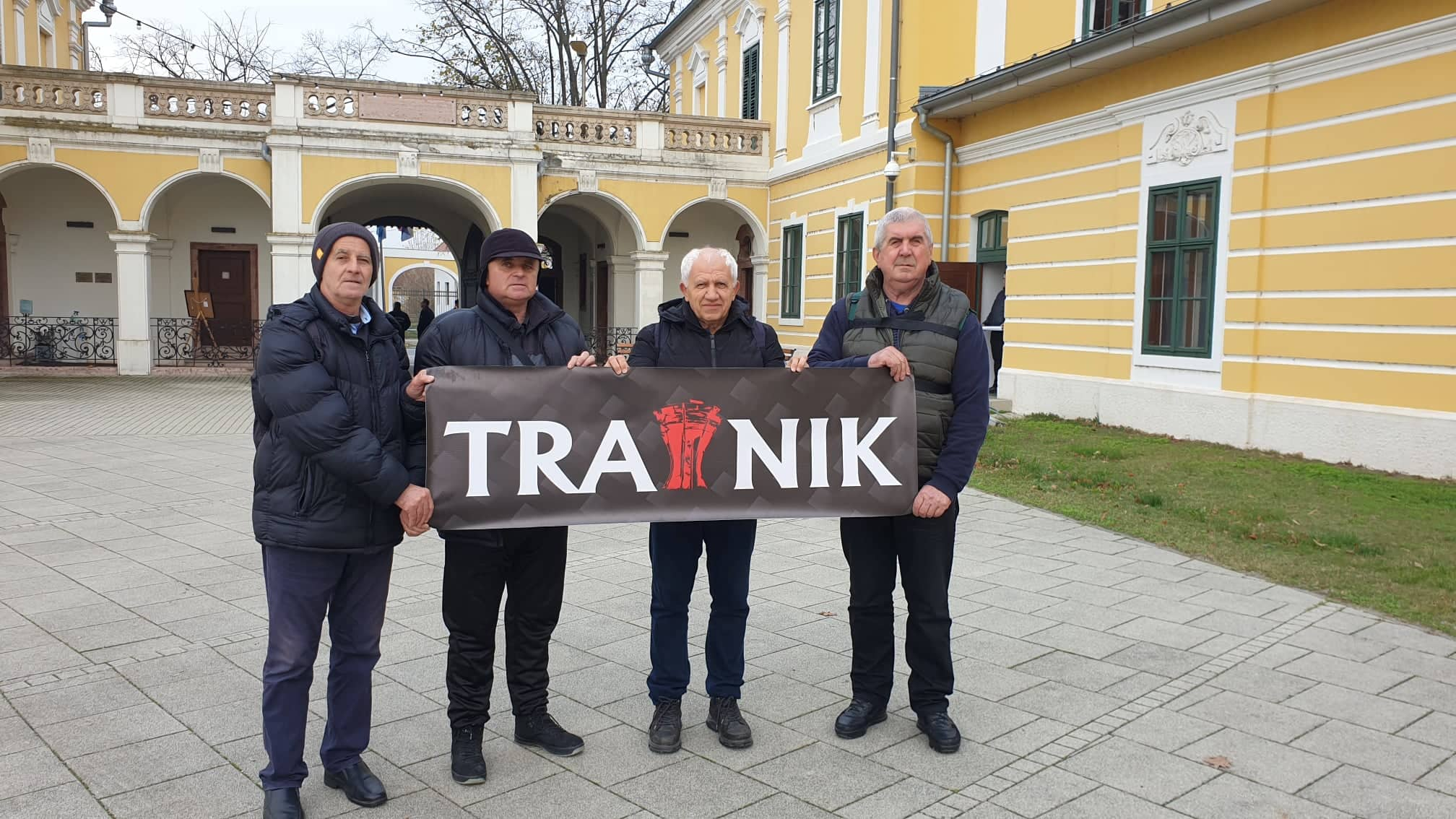
As we filmed, I was struck by how many people asked us to take their photos. And many begged us to take one of their flags. These guys wanted to tell me about Travnik (I already knew about it from previous visits to Bosnia). They wanted the world to know they were in Vukovar. And the selfies. For every person grieving by an individual grave, there were ten talking selfies in the cemetery with friends reunited.
It didn't feel wrong.
But the main difference to me this time was the time I spent with local people from Vukovar, as they observed this mass invasion with a mixture of emotions. I heard stories over wine and rakija that brought tears to my eyes, and stories of resilience and survival that had me welling up again. And LOTS of stories about the great new things happening in Vukovar. Of new opportunities, of local people having a go. The conversation that stayed with me was with a lovely guy who fought back the tears as he told me his story, before going to pick up his young kids so that they could walk to the cemetery.
Don't hate but never forget. I want my kids to know what happened and to respect that. We have our past but it is not the first thing tourists need to know when they arrive. We have a great tourism offer based on the future. I am proud to live here but things have to change. I want to leave a better Vukovar for my kids so that they will stay.
We didn't fight for a country like this. It is rotten in every way. Why do journalists come looking for positive Vukovar stories every year on November 18 only? Why never in March?
Unlike most visitors who only come once a year, 3 days later, I found myself back in Vukovar offering an extraordinary young lady called Katarina a part-time job. And I can't tell you how excited I am about hiring her. This is not a charity job offer - far from it. With her help, we will be telling the positive stories of Vukovar and eastern Croatia not just once a year, but throughout the year. Stay tuned.
So how can we honour those who made the ultimate sacrifice, while providing economic benefit to those living in Vukovar today? And how to keep that smile on that young boy's face, while also allowing those far away to keep that connection to Vukovar and to never forget?
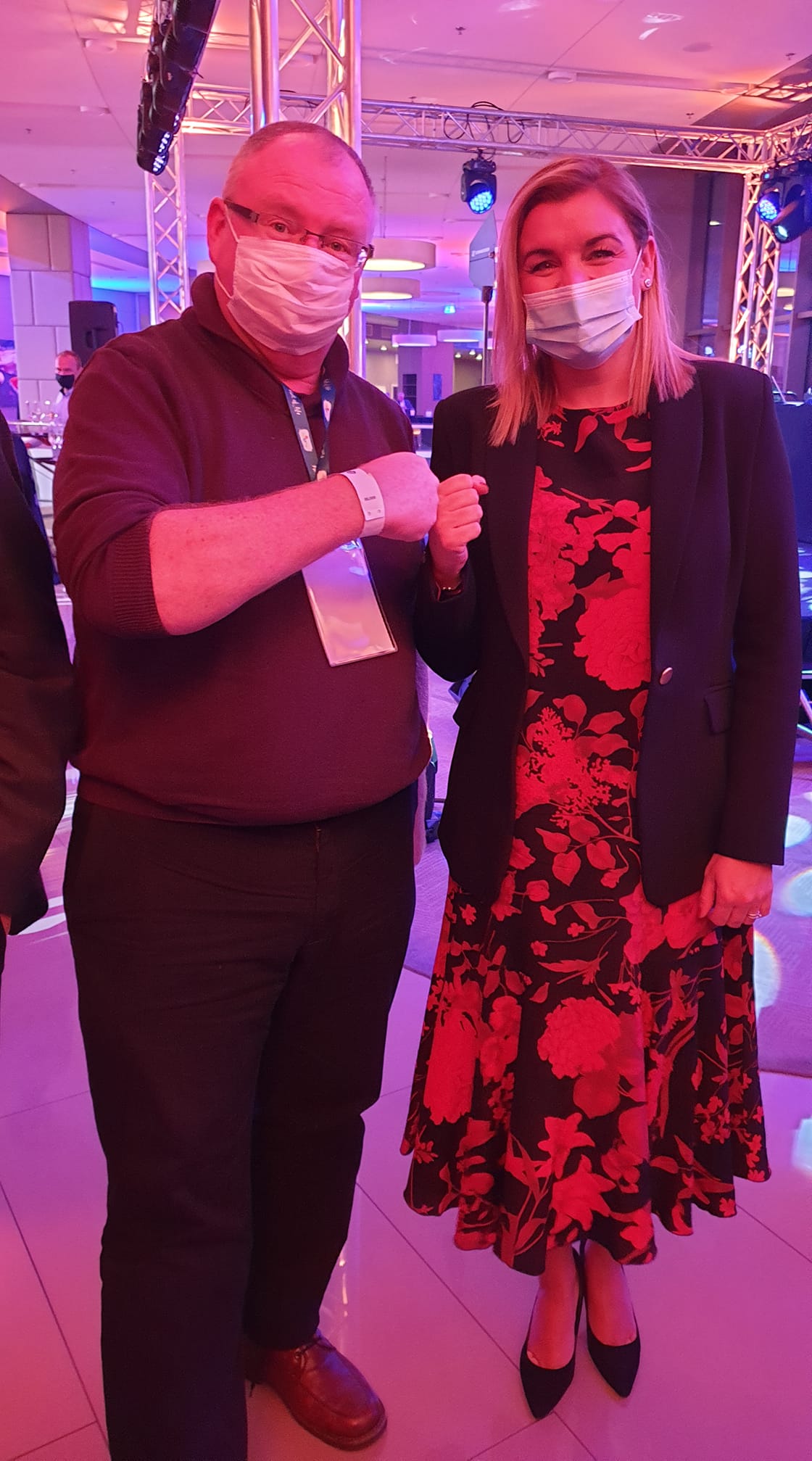
There is a very simple solution that I will be proposing to the Minister of Tourism, Nikolina Brnjac, who promised me a meeting when we met in Dubrovnik recently.
It could actually use the infrastructure of a previously failed initiative by the Kings of Accidental Tourism before Minister Brnjac's time - the CRO Card.
It is called the Vukovar Card.
I had lunch with the regional tourist board directors of both Vukovar Srijem and Osijek Baranja counties last week. I told them my idea and asked them if they could produce an award-winning 7-day itinerary of eastern Croatia, which not only gave participants more than enough time to honour and grieve for the tragedy of 1991, but also to give eastern Croatia's visitors a unique tourism experience that will blow their minds. As it did mine on a similar itinerary last week - more soon next week.
Is this a charity case? Yes, it is. This is eastern Croatia saying no hard feelings about being ignored for 25 years and giving its visitors an outstanding and unforgettable 7 days showcasing a Croatia they hardly knew existed. I have travelled all over this country, and the last week in eastern Croatia with digital nomad videographer Steve Tsentserensky, was probably the best in my 18 years here.
Many of the diaspora who change their Facebook status for November 18 come to the Adriatic coast each year for 2-3 weeks. So here is the simple suggestion. On one of those visits, for 7 days only, take the Vukovar Card package, experience a Croatia you never knew existed, pay respects to those who fell to free this country, and put money into the local economy of those who are left behind. The tour is sensational.
And there is a bonus if you do.
For all those tourism businesses on the coast who change their Facebook profile each November 18, offer a 10% discount on some services for holders of the Vukovar Card. Your way of giving back.
And that, as they say, is that.
The infrastructure for the Vukovar Card is already there with the CRO Card, as well as the brilliance of Croatian Tourism Month, which ran from October 1 to November 7. The only practical suggestion I would make is to keep this project away from certain failure is to exclude the Croatian National Tourist Board from the project entirely. Otherwise we might have a repeat of the situation recently when a huge national campaign to promote (among other things) our celebrated gastronomy could result in the only thing to eat in half the country being popcorn from Cinestar. Yes, really. Gourmet Croatia: 35% Off Popcorn the Only Offer in Kingdom of Accidental Tourism.
Once I receive the 7-day itinerary, I shall request that ministerial meeting. If anyone with more knowledge of how these things work would like to get involved (ideally take over the project completely, as I have plenty of work to do), then please contact me at This email address is being protected from spambots. You need JavaScript enabled to view it. Subject Vukovar Card.
If I have angered or offended anyone with this suggestion and article (I am aware of how emotive Vukovar is), that was not my intention. I hope, at least, that it would be welcomed by those who matter most - those who gave their lives, and those who were left behind.
And if in any small way it helps to keep that smile on the little boy's face, it will have been more than worth it.


